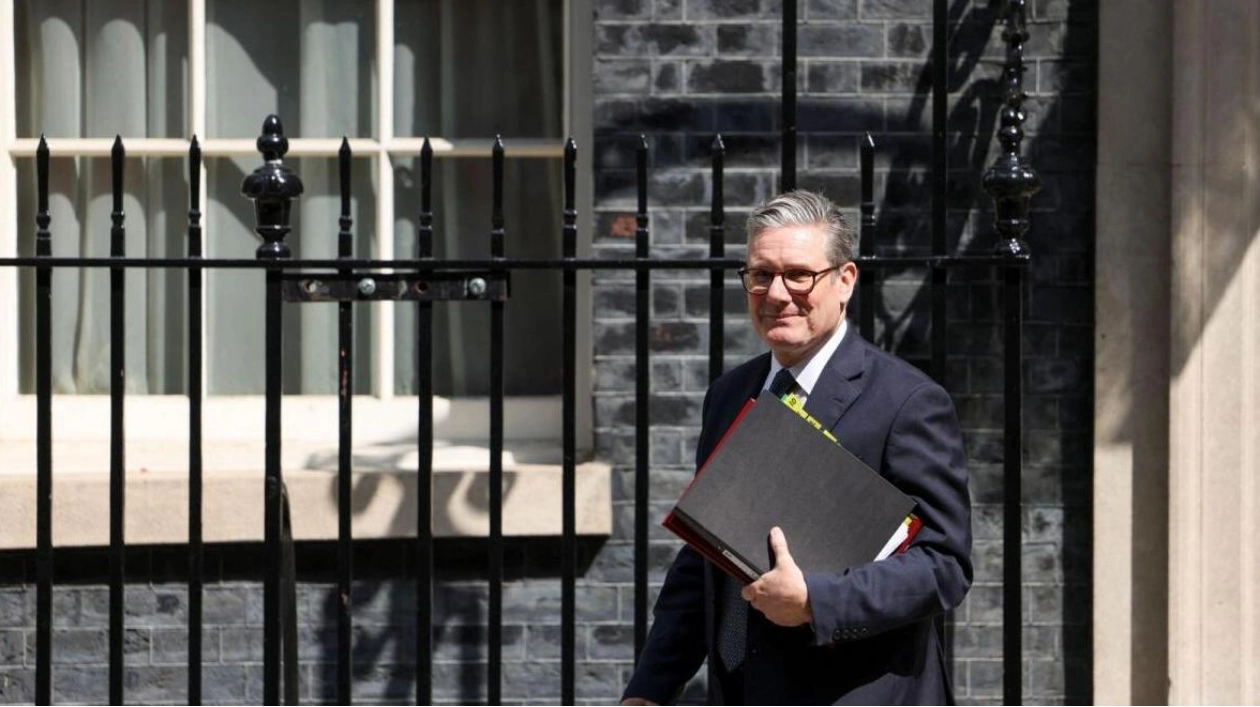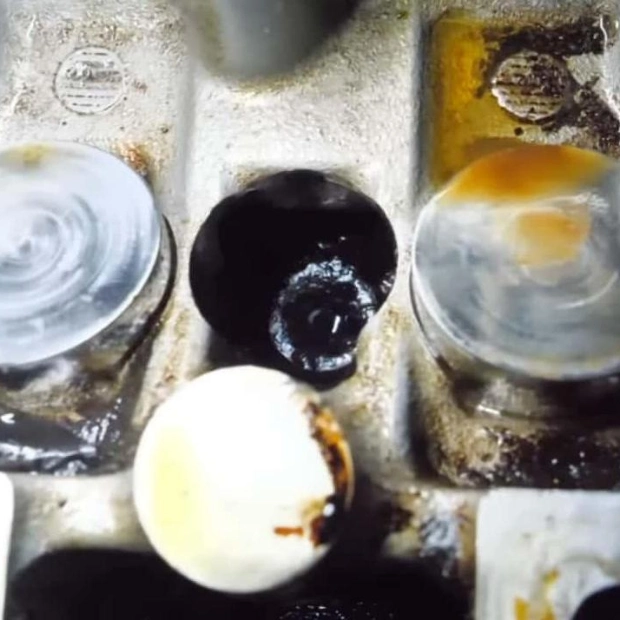Keir Starmer's inaugural encounter at Prime Minister's Questions on Wednesday was devoid of the customary onslaught of antagonistic inquiries, yet he encountered scrutiny regarding his administration's stance on child poverty. Having secured a decisive victory in the July 4 British election, Starmer faced his initial, albeit slight, internal dissent on Tuesday when he was compelled to briefly suspend seven MPs for voting against the government's stance on maintaining restrictions on welfare disbursements for certain families.
At the onset of PMQs in Parliament, the new British Prime Minister was exempted from the routine incisive interrogation by his predecessor and leader of the opposition Conservative Party, Rishi Sunak, who instead emphasized bipartisan unity in support of Ukraine. It was subsequent queries from the Scottish National Party members that challenged Starmer over his refusal to repeal the two-child benefit cap, which limits most parents' eligibility for welfare payments to two children. SNP leader in Westminster, Stephen Flynn, inquired about any shifts in Labour's dedication to eradicating child poverty.
"The previous Labour government elevated millions of children from poverty, a feat we take immense pride in. This government will tackle the issue with equal fervor," Starmer responded, highlighting the establishment of a new child poverty taskforce. Seven Labour MPs were temporarily suspended for supporting an SNP amendment to abolish the cap on Tuesday. Critics argue that the policy exacerbates child poverty, whereas the government asserts it cannot undertake unfunded commitments despite empathizing with the criticisms.
While Starmer previously interrogated Sunak weekly about his government's performance, cordiality reigned as both parties adapt to the new political landscape following Labour's overwhelming election triumph. During a parliamentary exchange on Monday, Starmer inadvertently referred to Sunak as "the prime minister," eliciting laughter from both sides of the chamber, to which Starmer humorously remarked, "Old habits die hard."






